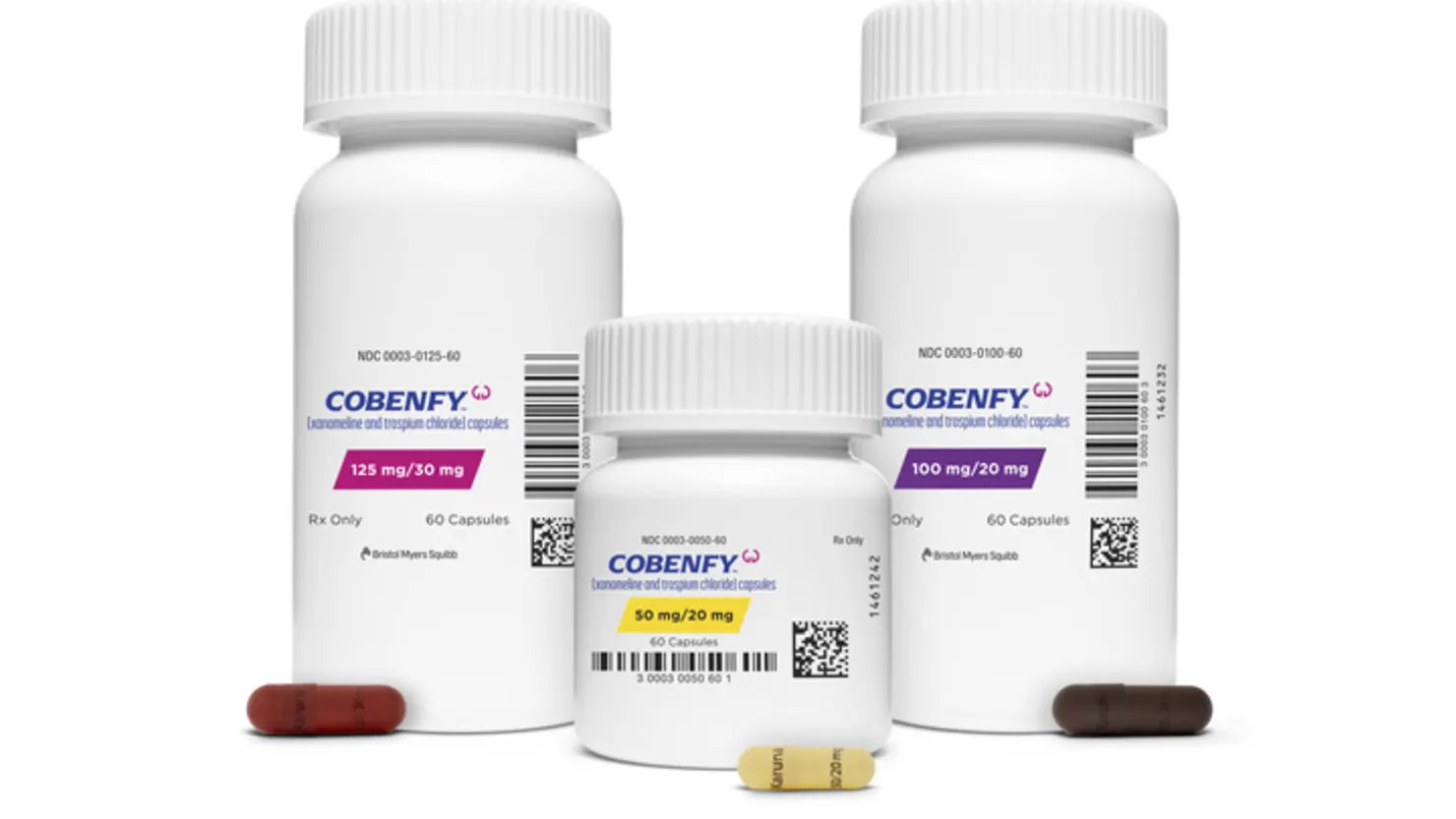The FDA has given the green light to Cobenfy, a highly anticipated schizophrenia medication from Bristol Myers Squibb, marking the first new type of treatment for this challenging mental health condition in over 70 years. Schizophrenia affects nearly 3 million adults in the United States, causing symptoms like delusions, hallucinations, and emotional disruptions that can severely impact daily life. Despite the availability of existing treatments, many patients find them difficult to tolerate due to severe side effects or lack of effectiveness.
Cobenfy, a twice-daily pill expected to be available by late October, could transform how schizophrenia is managed. It offers a new approach to treatment, providing hope for the millions who struggle to find a suitable medication. Priced at $1,850 for a month’s supply before insurance and rebates, Cobenfy’s cost is comparable to other branded schizophrenia medications. Bristol Myers Squibb has stated that most patients, especially those on Medicare or Medicaid, will face minimal out-of-pocket costs, and the company plans to launch support programs to help those without insurance.
Existing schizophrenia treatments primarily target dopamine receptors in the brain, which can improve symptoms but often come with serious side effects such as weight gain, fatigue, and involuntary movements. These drawbacks lead many patients to discontinue treatment. Cobenfy stands out because it utilizes a novel mechanism that doesn’t directly block dopamine receptors. Instead, it combines two components: xanomeline, which activates muscarinic receptors in the brain to reduce dopamine activity, and trospium, which mitigates the gastrointestinal side effects associated with xanomeline.
This new method is expected to offer effective symptom relief without the typical side effects seen with traditional antipsychotics. Early clinical trials have shown that Cobenfy significantly reduces schizophrenia symptoms with mostly mild to moderate side effects that tend to subside over time. These promising results have generated enthusiasm among medical professionals, who see Cobenfy as a potentially game-changing option for patients who have not responded well to other treatments.
While Cobenfy represents a significant advancement in schizophrenia treatment, its high cost may initially limit its use to patients who have exhausted other options. Clinical experts like Nina Vadiei from the University of Texas at Austin anticipate that insurers may require patients to try other antipsychotics before approving Cobenfy, due to cost considerations.
Beyond its current approval for schizophrenia, Bristol Myers Squibb is exploring Cobenfy’s potential for treating other conditions. The company is conducting late-stage trials to assess the drug’s efficacy in managing psychosis in Alzheimer’s disease, with results expected in 2026. Additional studies are planned to investigate its use in treating bipolar mania and irritability related to autism. With these multiple indications in development, Cobenfy could become a versatile tool for managing a range of psychiatric and neurological conditions in the future.
As the first drug of its kind in decades, Cobenfy offers new hope for the millions affected by schizophrenia and highlights the importance of ongoing innovation in mental health treatment.
READ MORE:
